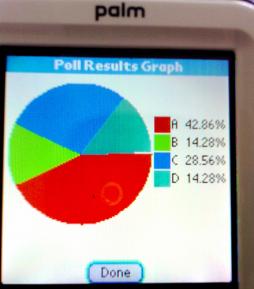The purpose of the Sudan Vote Monitor (SVM) project was to utilize simple information and communication technology (ICT) tools in the independent monitoring and reporting of the Sudan national elections held in April 2010. This initiative built on the successful recent experience of civil society organizations (CSOs) and volunteers in several countries (e.g., Ghana, India, Sierra Leone, Montenegro) in harnessing ICT to support the conduct of fair and credible elections. The project’s primary focus is the process of observing and reporting rather than the election results or their implications as significant as these are. Accordingly, SVM, and this report, is only concerned with the reporting activity with no regard to the political climate or political orientation of reporters, CSOs,or candidates. The main objective is to cooperate with and facilitate technological knowhow for civil society organizations in the Sudan (grassroots and other NGOs, media organizations, journalists, and interested private citizens and individuals in general).
The project was led by SIRP in collaboration with Asmaa Society for Development and several other Sudanese NGOs, with technical support from eMoksha.org, Ushahidi.com, and Khotawat Consultancy. During the April national elections, the Sudan Monitor website enabled reporting of the election process by many different organizations and individuals. Through the use of open source software civilians in Sudan were able to report general observations or irregularities via e-mail, short code text message (SMS), or by logging on to the Internet and visiting the sudanvotemonitor.com website. Using the Ushahidi platform reports could be aggregated along with direct feeds from news sites, blog posts, photos, videos and tweets related to the elections from all relevant sources, in one place, on an interactive map. Users had up-to-date information including streaming video from election centers or polling stations around the Sudan, and were able to comment and rate the credibility of the submitted reports in collaborative manner. The site was accessible to all individuals and organizations regardless of their political affiliations or views. The reporting facility was available for public reporting from April 10 to April 30, 2010.


